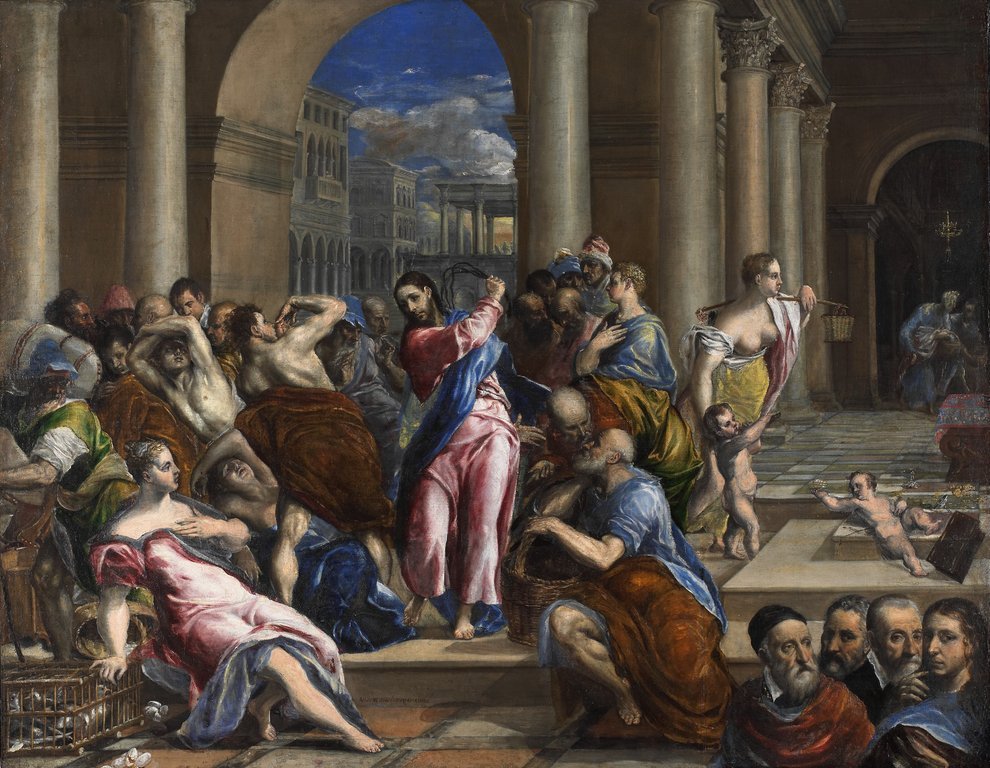A couple of weeks ago your humble (now humbler than ever) blogger spent money on something so unspeakably foul, so indicative of a life gone wrong, that even confessing it here today doesn’t feel cathartic at all. It just feels dirty and shameful.
Street drugs? (Laughs.) No. Far, far worse than that. The services of a prostitute? Please. At least that would feel pleasurable, or ought to in theory.
I rode a bus.
An actual public bus. With a bench where you and the other losers wait, and a little box where you put your fare in, and everything. What’s even worse is that I should have ridden it twice. Here’s why:
A little background. Every December, CYC moves its operations to its seasonal headquarters on Maui. If you’ve never been to Maui, the island embraces a lifestyle unlike any other in the United States. Even if you’ve been to Hawaii, but only visited Waikiki, you still haven’t experienced anything quite like the soporific existence you get on the Valley Isle. The social norms that predominate on the Mainland and in most other outposts of Western culture just don’t apply. Hippies flourish here, and it seems every other Caucasian woman works as an energy healer. On the positive side, you can go into literally any establishment – 5-star restaurant, church, court – wearing clothes that you’d normally wear to wash your car or go to the gym in. Shoes are often optional, and no one looks twice if you happen to have forgotten your shirt at home.
Maui also embodies a famous directive about wealth, one of the very few pieces of received wisdom that isn’t a load of dross. It takes many variants, but our favorite is this: Live in the most expensive place you can afford. Drive the cheapest car you’re willing to be seen in. On Maui that means a 1994 Taurus with a wonky AM radio, hit-and-miss power windows, and 100,000 miles on it. The kind of thing you wouldn’t want to be caught dead in on the North American continent north of the Rio Grande, but on Maui it’s just a mode of transportation. Besides, there are no freeways on the island and just a sole 6-mile stretch of divided highway. It’s impossible to drive 80 miles an hour on Maui, which is why the locals laugh at the image-conscious visitors who rent sports cars that never make it into overdrive. CYC headquarters is close enough to shops and other businesses that the principals can make do with just the one car: they manage to share the Taurus without either ever feeling marooned.
Anyhow, one day the hit-and-miss power windows missed and stayed that way. The body shop is 5 miles away, and the car had to stay overnight, so the principals dropped it off and then walked a mile or so into town to catch a cab.
8 minutes and $40 later, we returned home dumbfounded. The idea to take a cab was reflexive – it’s too far to walk home, and you can’t fit one bicycle in the Taurus, let alone two, so what other option is there? Honestly, we would have thought about taking a hovercraft or the Space Shuttle home before contemplating public transportation. But still, $40. There’s got to be a better way.
Your humble blogger, who lost a coin flip and had to retrieve the car the next morning, broke down and looked at the bus schedule. There’s a stop next door? And a single transfer? And another stop a short walk from the body shop? How hard can this be, especially considering that any 15-year-old can do it?
Damned if it wasn’t just like riding a bus was back in high school, when one’s options and wealth are far more limited than they are in adulthood. The same dejected regulars were on board, the ones who stared straight ahead and seemed incapable of conversation anyway. Every ad on the bus – every ad, without exception – was for a government agency of some sort. If you acted upon every ad you saw, you’d have enrolled your kids on food stamps, taken your reusable cloth bag to the county liquor store, applied to be a police officer, conserved water, moved into taxpayer-subsidized housing, and enjoyed a more active life by quitting smoking.
The trip was uneventful, and that’s a good thing. So were the unbroken $20 bills in the CYC wallet.
There’s a reason why Rupert Murdoch doesn’t take the bus. Time is money, and the more valuable your time is, the faster you need to get where you’re going. But on a bucolic island when the day couldn’t be spent at the beach anyway (because the car was in the shop)? 20 minutes on a bus to save $38 was more than worth it.
Talk about your domain dependence. The same non-Sinophone traveler who had no problem navigating the subways of Beijing (remember the shapes of the logograms at the station where you got on, and note where the corresponding ones are on the route map) didn’t even consider taking the equivalent form of transportation in a town he was utterly familiar with.
How do you apply this to your own life? Don’t instinctively go with expensive convenience, when cheap won’t kill you and really isn’t that much of a hassle. We don’t hammer on frugality on this site, as most personal finance sites do, but taking a taxi when an uncomplicated bus route will do the job can be a stark waste of money. Still, try not to ride a bus more than once a decade or so.




